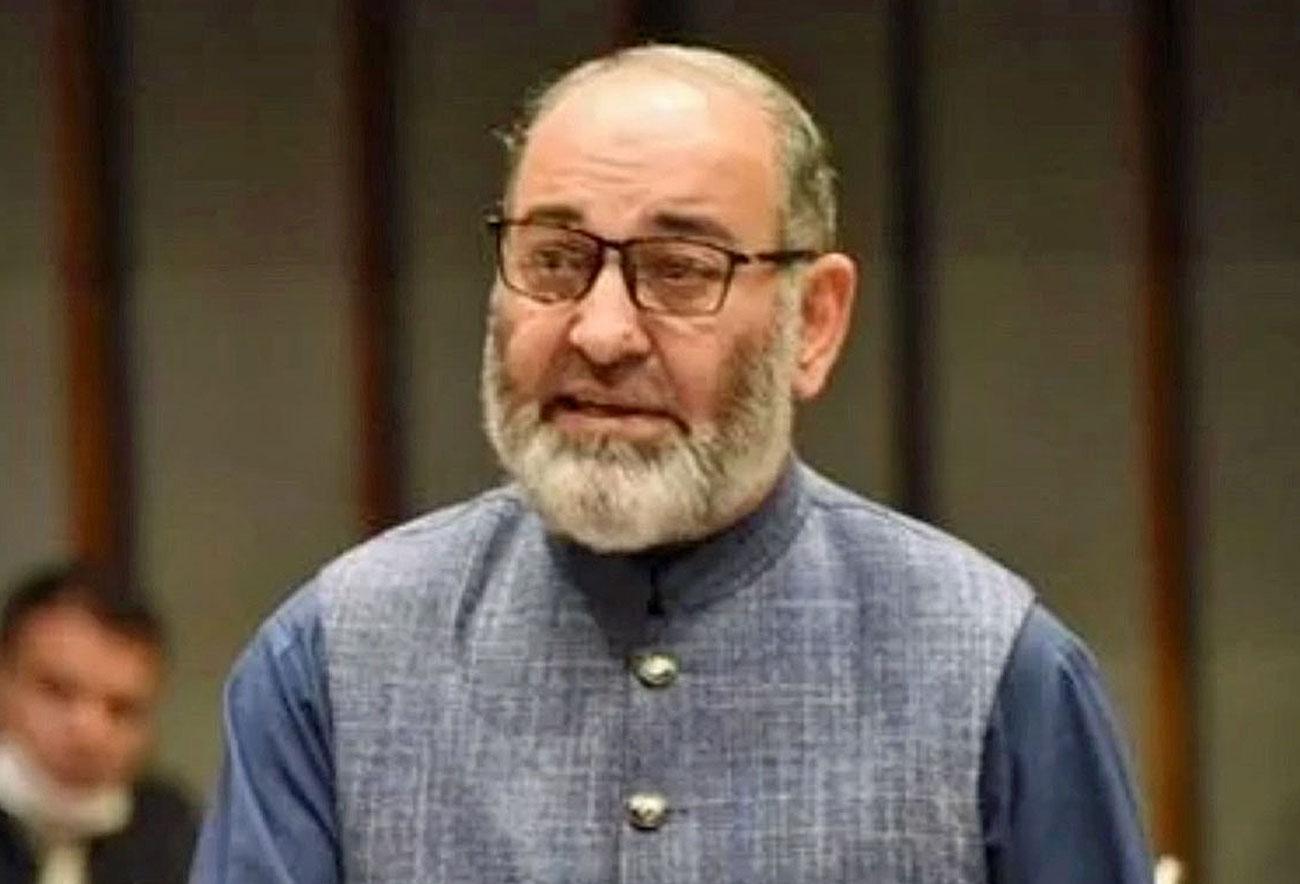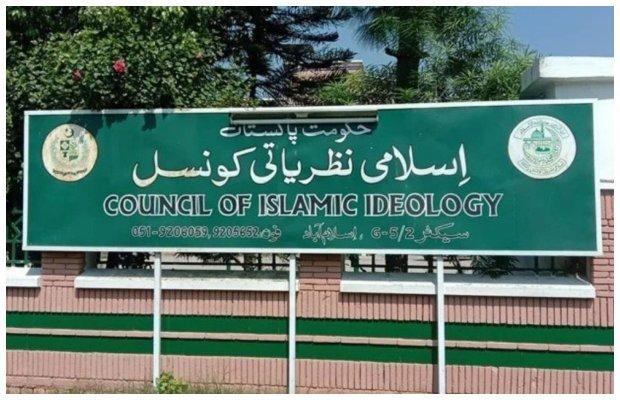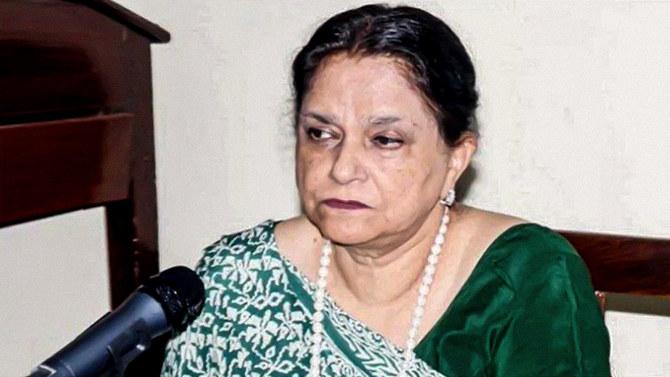Pakistan: Conservative Muslims seek to undo progress on trans rights
Colin Stewart is a 45-year journalism veteran living in Southern…
Pakistan’s official advisory Council Of Islamic Ideology has declared that the nation’s Transgender Law of 2018 is “not in line with shariah”.
Stay up-to-date: CLICK for a free subscription to Erasing 76 Crimes

Pakistan’s Council of Islamic Ideology said in a statement on [Sept. 27] that the Transgender Persons (Protection of Rights) Act is “not in line with the Shariah”, as “several provisions of the act are inconsistent with Islamic principles.”
The Transgender Persons (Protection of Rights) Act, passed in 2018 by the National Assembly, allows transgender persons equal rights to education and voting, access basic health facilities, the ability to choose their name and gender on their ID cards and passports.
Senator Mushtaq Ahmad Khan of [Pakistan’s Islamist political party] Jamaat-e-Islami has officially challenged the act in the Federal Shariat Court.
Council of Islamic Ideology calls trans rights law ‘un-Islamic’ …

The Council of Islamic Ideology (CII) has said that a 2018 law to allow trans people in Pakistan to be recognised as their gender without requiring consent from a medical board is “inconsistent with Islamic principles”.
The 2018 Transgender Persons (Protection of Rights) bill was introduced alongside moves from the country to protect trans people – such as a Pakistani university offering free education to trans students, and a government bill which aimed to protect trans people from discrimination.
The bill not only allows people to be recognised as their gender without a medical board, but permits trans people to obtain various ID documents, and allows for gender markers on existing documents to be updated.
The CII was reportedly consulted about the bill when it was introduced, and agreed a medical board was not needed to determine a person’s gender identity.
Now, according to Oy! OyeYeah! the CII – a religious constitutional body that advises legislature – has said the law protecting trans people is “not in line with Shariah”, meaning the future of the law is uncertain.
“Several provisions of the act are inconsistent with Islamic principles” it added, and asked the government to form a committee including “CII members, religious scholars, and legal and medical experts” to review the law.
‘Protection’ for members of the trans community

When the 2018 Transgender Persons (Protection of Rights) bill was first introduced, Senator Nasreen Jalil, chair of the Senate Functional Committee on Human Rights said: “The bill provides protection to the members of transgender community and prohibits attack on their self-esteem and mistreatment.
“The transgender community is opposed to the idea of setting up a medical board that should determine their gender fearing that they might be subjected to embarrassment and harassment.”
The new statement from the Council of Islamic Ideology comes after a Pakistani senator from an openly anti-LGBTQ+ party launched a legal bid to roll back the trans protection law.
Senator Mushtaq Ahmed, of the Jamaat-e-Islami (JI) party, filed a petition to the Federal Shariat Court on 18 September claiming the bill contradicts the Islamic principles of the country.
He reportedly said allowing people to change their gender markers would be a “danger to the family and inheritance systems” – the Islamic system of inheritance divides assets differently based on gender – and would “open the door for 220 million people to choose to be anything”.
Testifying in court, trans activist Bubbly Malik argued if the bill were to be reviewed, there would need to be assistance from “gender experts” on a panel, who could clarify why it was so important to maintain protections for the trans community.
The CII’s statement could potentially affect tens of thousands of trans people in Pakistan; the 2017 national census counted Pakistan’s trans population for the first time, recording 10,418 trans people in a population of about 207 million.




Please DONATE: We amplify the voices of oppressed LGBTQ people (VIDEO)